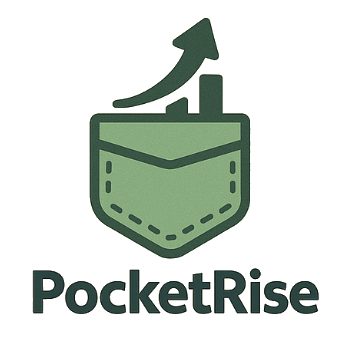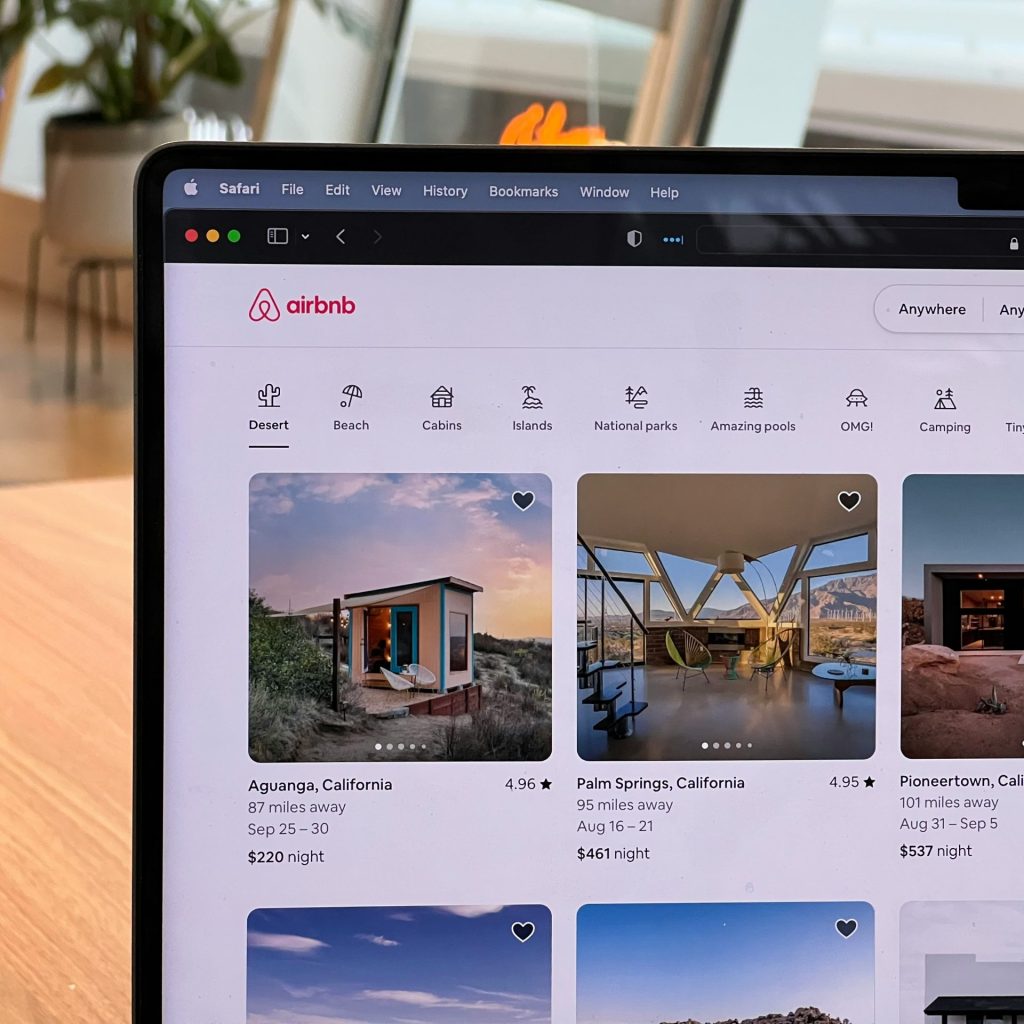The short-term rental market has had a rollercoaster ride over the past few years — and 2025 is no exception. With rising interest rates, stricter city regulations, and growing competition, many potential hosts are wondering: Is Airbnb still a profitable side hustle or investment strategy?
Let’s break down what’s happening in the Airbnb world this year — and what it means for you if you’re thinking about joining the hosting game.
The Airbnb Boom Is Slowing Down
While Airbnb listings exploded during the pandemic, things have cooled off in 2025. In many cities, supply has outpaced demand. This means more hosts are competing for bookings — and that can lead to lower occupancy rates and nightly prices.
According to AirDNA, a short-term rental analytics firm, average occupancy rates in major U.S. cities dropped by 5-10% in early 2025 compared to last year. That doesn’t mean it’s impossible to succeed — but it does mean you’ll need to be strategic.
Cities Are Cracking Down on Short-Term Rentals
One of the biggest changes in 2025? Regulations. More cities are enforcing strict short-term rental laws, including:
- Permit and license requirements
- Limits on how many days per year you can rent
- Zoning restrictions
- Higher tax rates for short-term rentals
For example, New York City has continued its strict enforcement of Local Law 18, which requires hosts to register with the city and prohibits many types of short-term stays. Meanwhile, cities like Dallas, San Diego, and Atlanta have introduced or expanded restrictions this year.
If you’re considering hosting, check your local laws before investing in a property or converting your space.
What Hosts Are Doing Differently in 2025
Smart hosts are adapting by:
- Focusing on medium-term rentals (30+ days), which often avoid stricter rules and attract remote workers or traveling nurses.
- Offering unique stays like tiny homes, treehouses, or themed rentals to stand out.
- Investing in design and guest experience to earn better reviews and repeat business.
- Using dynamic pricing tools to stay competitive with nearby listings.
Where Airbnb Still Works in 2025
Not every market is saturated or overregulated. Airbnb can still be profitable in:
- Vacation towns with limited hotel options (think national parks, mountain towns, and beach areas).
- College towns with visiting families and faculty.
- Smaller cities that haven’t yet cracked down but still have decent tourism or business traffic.
Top-performing cities in early 2025 include Asheville, NC; Boise, ID; and Sarasota, FL — all markets where regulation is lighter and tourism remains strong.
Risks and Considerations
Airbnb isn’t passive income — it takes work. You’ll need to:
- Manage bookings and guest communication
- Clean and maintain the property
- Handle legal and tax compliance
- Compete with a growing number of listings
And don’t forget to account for rising mortgage rates, property taxes, and cleaning costs, all of which can eat into profits.
Final Thoughts
The Airbnb market in 2025 isn’t the gold rush it once was — but that doesn’t mean the opportunity is gone. If you’re willing to do your research, follow local laws, and create a standout guest experience, short-term rentals can still generate meaningful income.
Just don’t skip the due diligence. And remember: your location, timing, and execution make all the difference.
Disclaimer: This article is for informational purposes only and does not constitute financial or legal advice. Always consult with a licensed professional before making investment decisions.



